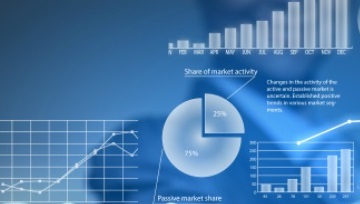Do Bond prices always rise when yields fall?
Not necessarily.
Let’s talk about Callable Bonds.
What is a Callable Bond?
A Callable bond is one that gives the issuer the right to redeem the bond before it matures. This means that the issuer has the option to pay back the investor’s principal at a predetermined price and date.
When would this happen?
Assume an issuer issues a bond at 8% interest (coupon). Now one year down the line, interest rates in the markets have fallen 2%. So the issuer can actually raise money at 6%, but is still servicing the old debt at 8%.
A callable bond gives this issuer the option to call this bond back, repay the principal, and then the issuer can reissue new bonds at 6%.
Usually the bond can be called on specified dates, above pre-defined prices.
For these bonds, since the possibility of them getting called increases as interest rates go down, the demand for this bond reduces with falling interest rates. This can cause a scenario where the bond price does not go up, even when yields are falling.
An example of callable bonds in Indian context are Additional Tier I bonds issued by many banks, as a way to shore up their capital. These bonds are usually perpetual bonds, which can be called once every 5 years.
Investors in callable bonds thus face the risk of pre-payment, as well as the price not moving in line with the expectations for a given yield change. To compensate for this risk, usually callable bonds carry higher coupons.
So this is a case, where bond price yield relationship may not hold like the usual times.
That’s it in this week. Keep Learning!



